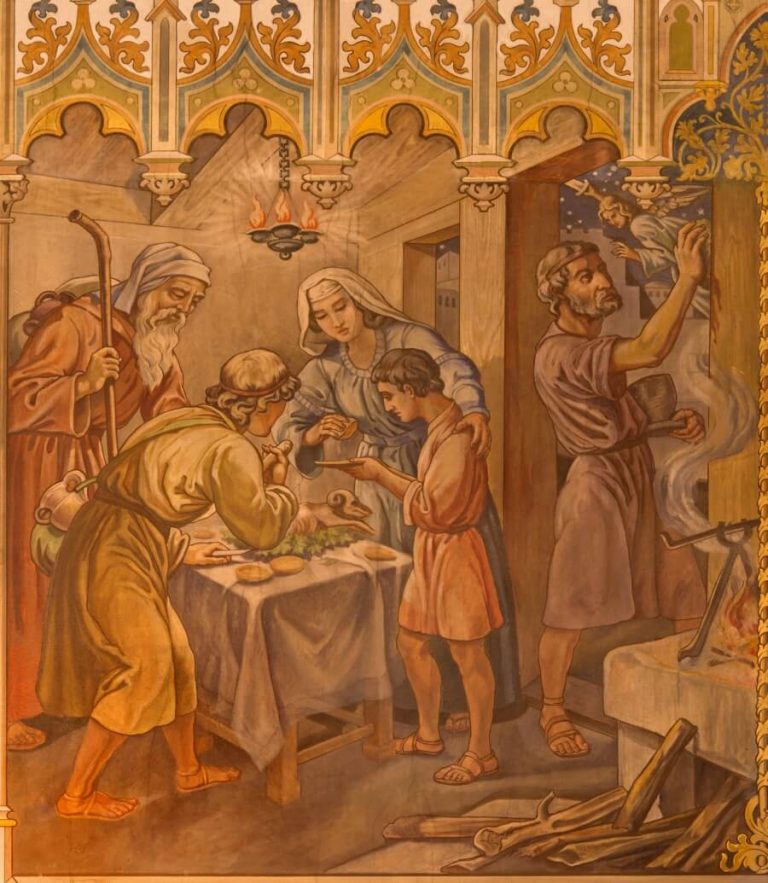Easter FAQs
Why is it called 'Easter'?
The word ‘Easter’ is only found in the King James Bible (KJV).
Acts 12:1-4 Now about that time Herod the king stretched forth his hands to vex certain of the church. And he killed James the brother of John with the sword. And because he saw it pleased the Jews, he proceeded further to take Peter also. (Then were the days of unleavened bread.) And when he had apprehended him, he put him in prison, and delivered him to four quaternions of soldiers to keep him; intending after Easter to bring him forth to the people.
The Book of Acts was originally written in Greek. The original word for ‘Easter’ was ‘Pesach’, which means Passover.

What is the significance of the Passover?
Jesus was crucified during an annual passover. Passover is a Jewish celebration in remembrance of the time when God delivered the Israelites from slavery and bondage (the time of Moses) - Exodus 12:11. During the original passover, the blood of a sacrificed lamb was smeared across doorposts as a sign of faith. God passed over (passover) the houses with the sign of faith. The firstborn of every house without the blood on the door was killed.
It was customary for a lamb to be sacrificed during this occasion, for the sins of the people in Israel. This lamb had to be ‘male without defect’ (1 Peter 1:19). The New Testament talks about how Jesus, was our sacrificial Lamb. John the baptist talked about Jesus as ‘the Lamb of God’ (John 1:29). Similarly, Jesus was flawless – without defect or any sin. Like an innocent lamb being led to the slaughter, Jesus who was without any sin or blame, humbly took our sinful place. With a gruesome and excruciatingly painful sacrifice, Jesus poured out His blood for our redemption. Just like how the passover lamb’s blood on the doorposts protected the houses, those who accept Jesus as their Lord and Saviour have symbolically smeared the sacrificial blood of Christ on their hearts, hence giving them new life and allowing them to escape eternal death (Romans 6:23, Hebrews 9:12-14).
